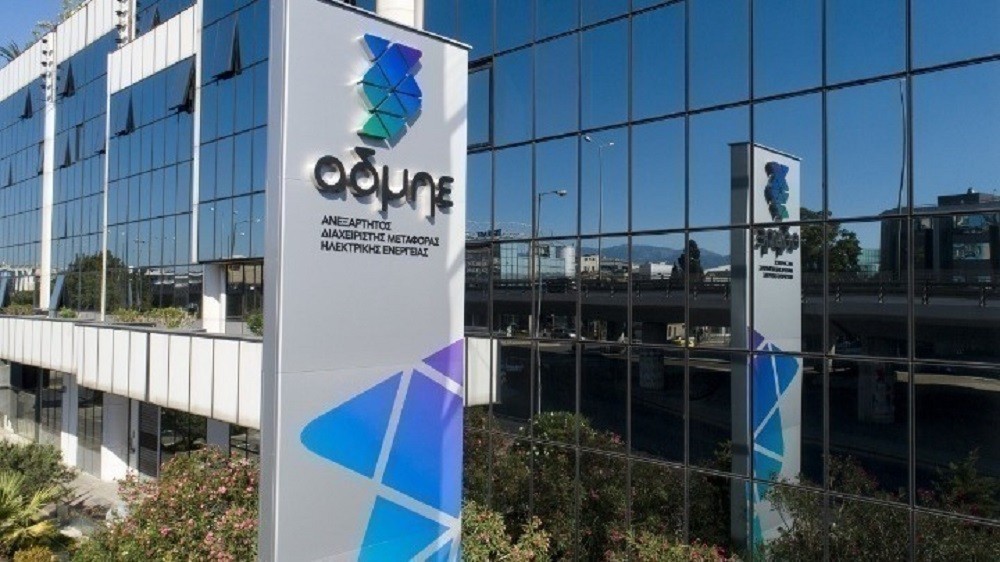
By Lena Argiri*
After a relatively uneventful summer, Greece is entering a new phase in the long and bumpy road to economic recovery, with some arguing that the real hurdles are just ahead.
The Europeans remain reluctant to propose an effective plan that will eventually lead to debt sustainability, despite the International Monetary Fund’s persistent calls that without a decisive debt approach, Greece will not be able to stand on its own. Brussels is repeatedly turning a blind eye to Christine Lagarde’s firm stance on debt. In June she repeated that, for the IMF to be engaged in the Greek program, sustainability needs to be ensured which means that a debt operation should be assessed on the basis of a new Debt Sustainability Analysis “DSA”.
That analysis is supposed to be contacted by the end of this year, but there is growing skepticism whether this deadline can be actually met. Just a few weeks ago, the Washington-based organization admitted, through the report of its own watchdog, that in the past the creditors sacrificed Greece in order to save the Euro. In simple words, they ruthlessly imposed permanently harsh austerity on the population, to protect the stability of the European banks. Now, six years after what proved to be a disastrous decision for the country, the IMF wants to avoid more mistakes, by insisting on debt relief for Greece. Not to be mistaken here, the IMF wants to avoid hurting its own credibility once again, not necessarily doing what is best for Greece.
The European Stability Mechanism “ESM” has pledged that in the coming period it will present its long-awaited plan for the short-term management of the Greek debt, but that remains to be seen. It’s not the first time that the Europeans have promised to do so but then changed their minds, throwing the ball to the Greek side of the court, with the excuse of “implementation of reforms comes first and then we will discuss about debt”. Those who closely follow the Greek saga, will remember that the first time the Europeans promised officially to deal with the Greek debt was back in April 2012, when – as they stated – Athens was able to reach primary surplus.
The primary surplus was achieved a few months later, but unsurprisingly the debt relief operation was never delivered. Now, they have promised again to consider debt relief measures that will include longer maturities, lower interest rates and a longer grace period for debt repayments. The scenario of using bailout funds to buy the expensive IMF’s loans has also been discussed. But the creditors have made clear, that those measures will take place only after the program ends in the summer of 2018. Athens and the IMF will also press for the fiscal surplus targets to be lowered after 2018 since under the terms of the current bailout program, the targets are extremely high, which means they would be impossible for any country particularly Greece,while still in recession. The IMF has repeatedly said that the primary surplus goals are too optimistic and they can only be achieved through new spending cuts and additional austerity, which the Greek society will not be able to handle.
So once again, the burden seems to fall to the Greek government that will have to face its creditors in the Eurogroup meeting, on September 9, and will have to present concrete actions of progress, especially regarding the 15 prior actions that need to be completed by the end of September, so that the next tranche of 2.8 billion euros can be released by the ESM. When the prior actions are completed and the disbursement ensured, the negotiations for the second bailout review are set to begin. And they will not be easy at all, because they will include the labor market reforms and the problem of non-performing loans, both of which are politically and socially extremely sensitive issues.
The IMF recently gave a taste of the tough stance that it plans to adopt in the upcoming negotiations regarding the labor market reforms. It said that it expects Athens to maintain all the reforms that have been implemented so far, including the lowering of the minimum wage, while it also expects Athens to align its legislation on labor rights, with the best practices in the EU, which means making it easier for employers to fire workers.
Under these dull circumstances, the fears that the new round of reforms and measures, might fuel social unrest and political instability are back on the table, mainly because the Greek government has a majority in Parliament by only three seats. As some argue, the series of unfortunate events for Greece, might be far from over.
- Washington DC Correspondent, Greek Public TV ERT

